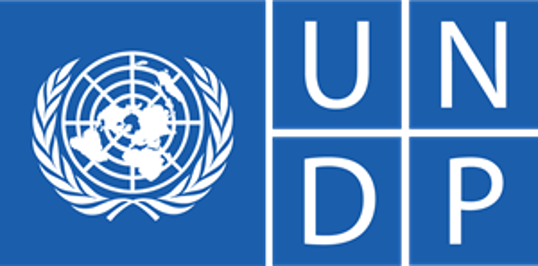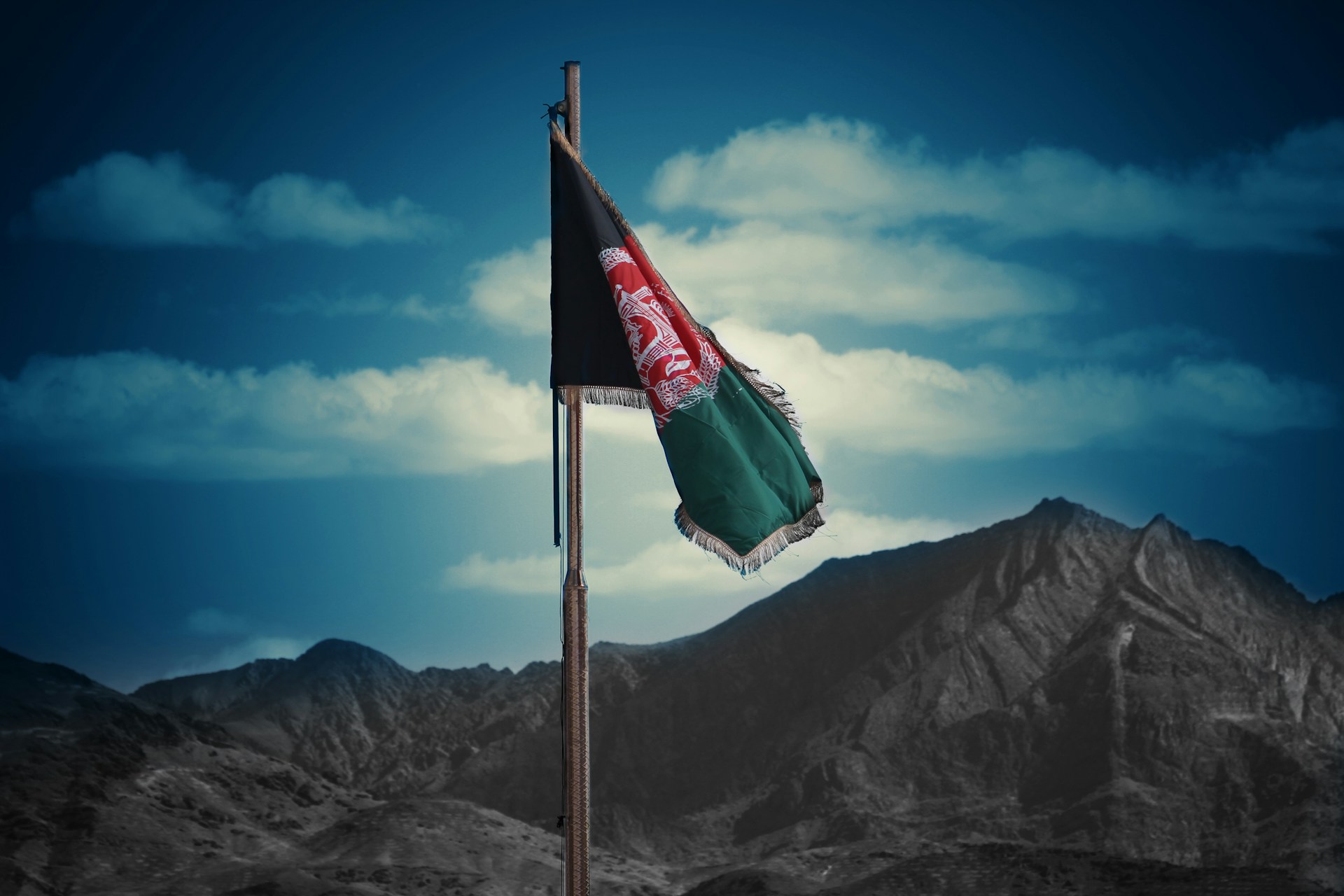Dealing with extreme hardship, approximately 85 percent Afghans live on less than one dollar a day, UNDP said in a report.
The UN agency in a report published yesterday that the situation became markedly worsened after August 2021, particularly for women facing severe restrictions.
UNDP had to adapt to this new situation and did so by pivoting existing programmes and adopting an integrated local development effort called ABADEI.
“We focus on direct support to women-owned businesses, job creation, basic social services, renewable energy and disaster risk management to keep local economies running, ensure food and energy security, improve people’s wellbeing and protect them from disasters,” the report said.
The latest UNDP research indicates that real GDP of Afghanistan has declined by 29 percent since 2020 and continues to spiral downward. The report said the restrictions on women’s rights alone were estimated to have caused an economic loss between US$600 million and $1 billion.
Earthquakes
The areas struck by the earthquake around Herat are ill-equipped to handle such a disaster and were already battling high poverty, even by Afghanistan standards.
About 1,400 people died, predominantly women and children, and 150,000 are left trying to rebuild their lives.
Key infrastructure like schools, roads, clinics, and water supply systems has been severely damaged. UNDP swiftly moved into action, working closely with UN agencies and other partners, to provide immediate relief and importantly, community-led recovery efforts.
“Alongside helping to restore essential basic structures like schools and clinics, we are rebuilding shelters, serving hot meals, removing debris and supporting access to energy and water.”
ma
Views: 9












